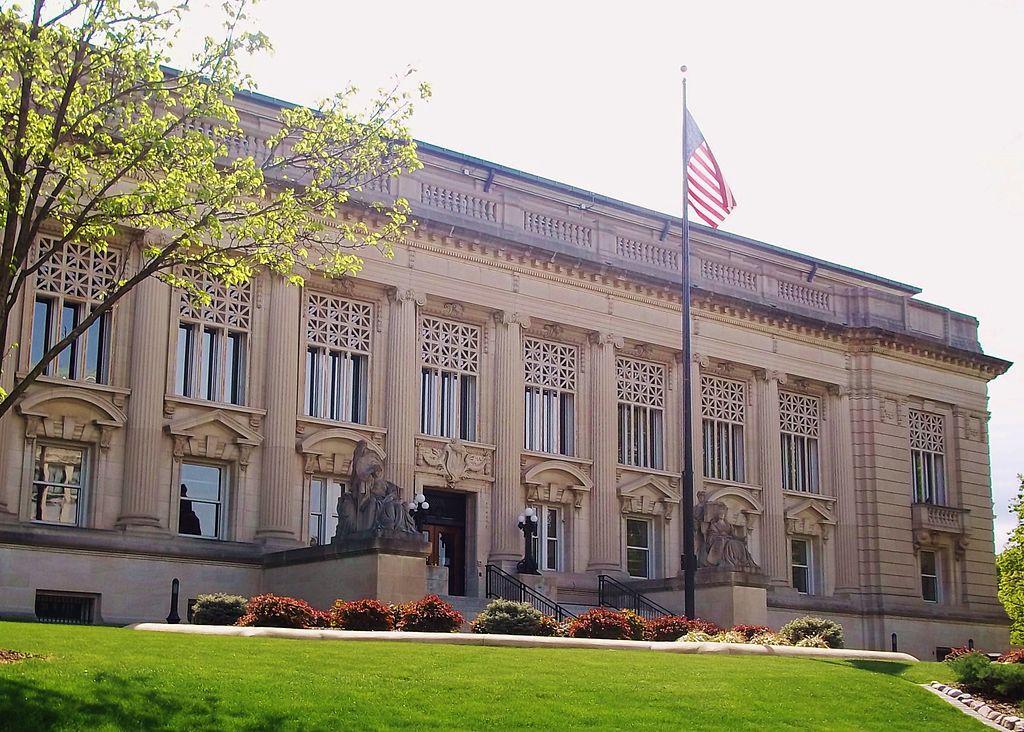Court rejects prosecutor’s unlawful use of seized funds
The Illinois Supreme Court has smacked down a prosecutor who created his own private police force with civil asset forfeiture dollars. Former LaSalle County State Attorney Brian Towne created the task force in 2011. According to Forbes, “Using the state’s civil forfeiture laws, which allow law enforcement to seize — and keep — property even if the owner has never been criminally charged, […]

The Illinois Supreme Court has smacked down a prosecutor who created his own private police force with civil asset forfeiture dollars.
Former LaSalle County State Attorney Brian Towne created the task force in 2011. According to Forbes, “Using the state’s civil forfeiture laws, which allow law enforcement to seize — and keep — property even if the owner has never been criminally charged, the LaSalle County State’s Attorney Felony Enforcement (SAFE) Unit confiscated more than $1.7 million from drivers.” Forbes described Towne’s undertaking as “a striking example of policing for profit.”
In a 5–2 decision, the Illinois Supreme Court ruled that prosecutors can’t create their own squad to arrest people or seize property.
The ruling is another blow for Towne, who was defeated for reelection in 2016 and is now under investigation by the woman who defeated him, Karen Donnelly, for using the money seized by his task force to fund his reelection campaign.
Donnelly said she accepted the Illinois Supreme Court ruling and would not appeal it further to the U.S. Supreme Court. She had been critical of Towne for creating the SAFE Unit during the election.
Towne claimed Illinois law allowed him to hire and deputize investigators. The practice was challenged by five defendants who had been separately stopped and searched by a “special investigator” appointed by Towne. The five defendants each sought to quash their arrests for drug offenses based on arguments that Towne had no authority to create his own task force.
“Based on Towne’s exhortation to ‘go out and enforce the law,’ the SAFE unit essentially operated as a county police force at the direction of Towne, generating its own cases,” Justice Charles Freeman wrote in the majority opinion. “The Legislature could not have intended such a far-reaching result.”
According to the News Tribune, Donnelly said her office now would begin closing out the remaining SAFE cases and return any money or cars seized by the unit.
